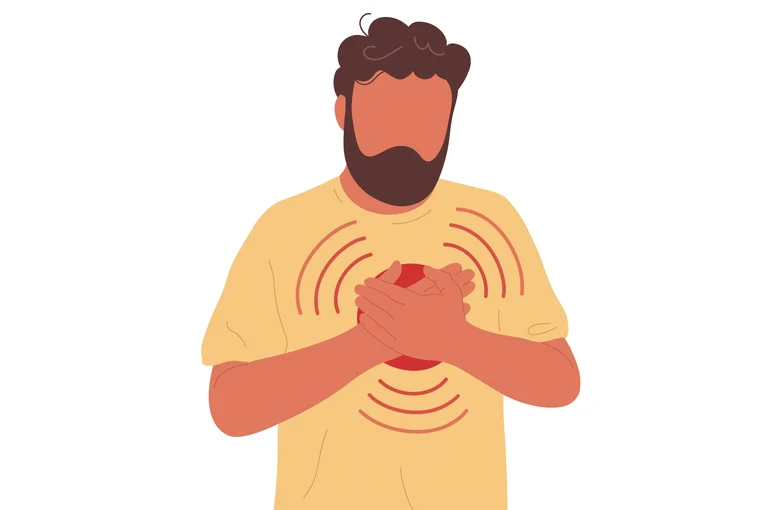Dengue fever is common in South-East countries due to the tropical climate. This climate has become the most favourable environment for mosquitoes to breed and grow. Dengue fever is caused by the dengue virus that is transmitted by the mosquitoes, especially the female Aedes mosquitoes. 80% of people infected by dengue virus are generally asymptomatic or only with mild infection. The remaining 20%, although it seems little, might not mean it is okay to take dengue fever issues lightly. This is because dengue can affect almost all organs in the body and ultimately leads to death when left untreated.
If you probably wonder what is the organ most affected by dengue, you might want to learn more about how the dengue virus itself is transmitted before causing effects to the organs. As mentioned before, the female Aedes mosquitoes is the main mode of transmission for dengue virus to be spread. Do you know that not all mosquitoes are actually able to transmit the dengue virus. Beside from the female Aedes species making it the perfect carrier, the mosquito needs to be infected first before able to spread the disease. A mosquito is said to be infected when it bites a human with an existing dengue virus circulating inside his or her body. Then, the infected mosquito bites another healthy human and releases the virus into the body. This ongoing cycle is quite fast and makes dengue a rapid-mosquito-borne viral disease. This also explains why dengue can cause a spike of dengue fever cases.
The dengue virus circulating the body can affect many organs including livers, lungs and kidneys. Organ that is most affected by dengue is the liver. Liver is considered as a target of dengue virus and the most common organ involved in dengue infection. This can be explained by the dengue virus causing an effect on the liver cells. This is made worse by the dengue virus triggering the body’s immune system to become hyperactive or the body to become toxic from the virus itself leading to less blood flow to the liver. The abnormal blood flow to the liver may also be caused by the dengue virus causing changes of the blood vessels to become leaking. Liver damages can be seen from the abnormal blood test, specifically the liver function tests.
Although the liver is the most affected organ due to dengue viruses, this often occurs in the severe dengue stage. To avoid such complications to liver and other organs, it is best to meet healthcare providers whenever you spot yourself with dengue symptoms. This includes fever that lasts for 2 to 7 days, severe headaches that often ends up with pain behind the eyes (retro orbital headaches), joint pain (arthralgia), muscle pain (myalgia) and skin rash.
If you find yourself or someone you know experiencing warning signs, please get immediate medical advice or go to the emergency room as this can be a sign of an impending doom. Warning signs that should be looked out for are vomiting more than 3 times in 24 hours, vomiting blood, presences of blood in stool, breathing difficulties, spontaneous bleeding gum or nose and sudden severe abdominal pain. Since there are no specific treatments for dengue, it is best to get early diagnosis to get early support and treatment to help reduce the symptoms and the likelihood for developing complications. A person suspected of dengue infection may need to stay in the hospital for the next 24 to 48 hours to allow medical professionals to make observations. This is done to avoid a person from falling into a critical phase that could increase chances of severe dengue and life-threatening conditions that may end with death and to help a person in critical phase to get the right medical intervention. Get Vaccinated.




